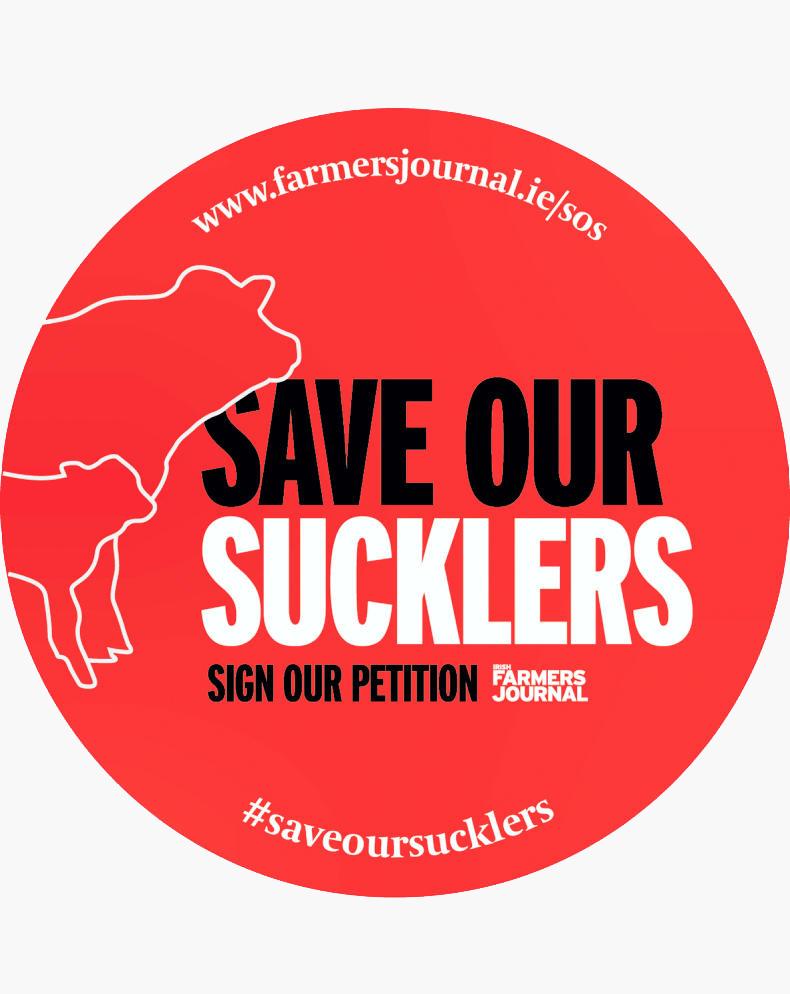Open letter from readers of the Irish Farmers Journal to President Juncker, Commissioners Hogan and Malmström, An Taoiseach Leo Varadkar and Minister Michael Creed.
Dear President Juncker, Commissioners Hogan and Malmström, An Taoiseach Leo Varadkar and Minister Michael Creed
In 2017, Irish beef exports totalled €2.5bn. The backbone of this industry is our national suckler herd. Traditionally standing at over a million cows, the suckler herd has been a vital generator of economic activity in towns and villages throughout rural Ireland.
There are over 100,000 Irish farm families directly engaged in the production and finishing of suckler-bred animals. Alongside this, the beef processing industry generates another 10,000 jobs. Many of these processing facilities are located in rural towns and villages where alternative employment is limited. Furthermore, with the beef sector sourcing in excess of 90% of its inputs from within the Irish economy, suckler farming is key to sustaining the economic activity that generates thousands of jobs in the agricultural inputs sector.
Overall the Irish beef industry has traditionally contributed more to the Irish economy than any other manufacturing sector. Economic analysis indicates that for every €100 in exports, the net foreign earnings from the beef sector is over €50. This compares to just €19 for other manufacturing sectors including modern economy sectors such as pharmaceuticals and ICT.

Unfortunately, suckler beef production is an extremely low-margin business. Within the EU, the suckler herd has largely been maintained through a combination of direct payments that underpinned production and trade regulations that ensure only beef produced to EU standards can enter the EU market.
Along with providing EU consumers with safe, high-quality beef, both measures reflected a long-held view at national and EU level that the suckler cow played an important role as:
1 An economic generator in rural towns and villages across the EU.
2 An environmental custodian across some of the most marginal land areas within the EU.
An analysis carried out by UCD on behalf of the IFA reinforces the role of the suckler cow as a wealth creator, showing that every €1 of support provided to suckler farmers generated over €4 of economic activity in rural towns and villages.
Unfortunately, we have in recent years seen a steady erosion in the level of direct support targeted towards the suckler sector. A recent analysis carried out by the Irish Farmers Journal showed that a typical suckler farm has seen the level of support received from both the EU and Irish Government fall by typically €200 per cow.
This lack of support has coincided with a growing appetite within the EU to undermine the EU beef market by allowing increased access to beef imports from parts of the world that do not have the same costs or production standards. Currently the EU is negotiating a trade deal with South American countries that, if agreed, would have devastating consequences for the EU and Irish suckler herds.
All this is taking place against a backdrop where EU and Irish beef farmers are struggling to cope with the consequences of Brexit. No sector within any member state is as exposed to the fallout from Brexit as the Irish beef industry. The UK market currently consumes five times more Irish beef than the Irish market.
The lack of profitability, due to the steady withdrawal of support from both Europe and the Irish Government and the uncertainty around the future of the EU beef market, due to ongoing trade deals and Brexit, is seeing the Irish suckler herd slowly starting to wither away.
Unless both the EU and Irish Government move to quickly inject confidence back into the suckler sector, then the pace at which farmers exit the sector will accelerate, with the financial consequences being felt far beyond the farm gate.
By signing this letter, I am calling on you, the European Commission and the Irish Government to recognise the important role that suckler farmers play in maintaining a vibrant rural Ireland by committing to:
1 A fully funded Common Agricultural Policy (CAP) with the commitment to introduce targeted direct support for all low-income sectors including sucklers.
2 Protect EU and Irish suckler farmers in all upcoming trade deals and reject any demands from non-EU countries for increased access to EU beef markets.
3 Safeguarding farmers’ income both during and after Brexit negotiations through the implementation of market support measures.
4 Supporting the campaign for the introduction of a suckler cow support payment of €200/cow to underpin the sector and halt rural decline.

